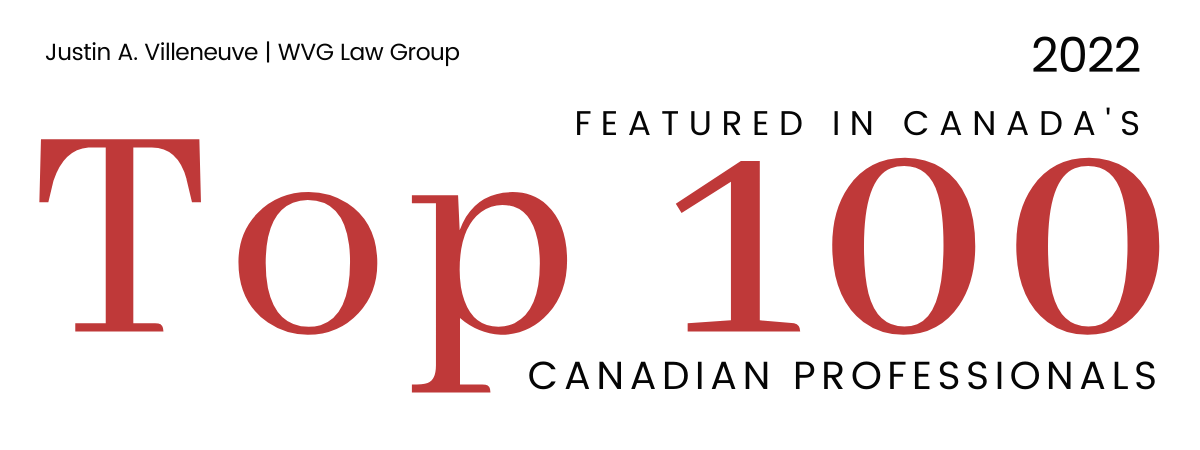Let's talk about your case
You can schedule a call with one of our lawyers anytime. Call today and get the help you need.
Or fill out our online form, and we will respond within 24 hrs.
Getting Psych Treatment After a Car Crash
The Treatment Hurdle
A look at the L.A.T.’s decision and reconsideration of 18-007991, J.V. and Intact Insurance Company
- approve the treatment plan;
- partially approve the treatment plan; or
- deny the treatment plan.
| APPENDIX � REVISED RATES AND FEES | ||
|---|---|---|
| Health Care Profession or Provider | Maximum Hourly Rate except catastrophic impairments | Maximum Hourly Rate catastrophic impairments* |
| Chiropractors | $112.81 | $135.36 |
| Massage Therapists | $58.19 | $89.07 |
| Occupational Therapists | $99.75 | $119.92 |
| Physiotherapists | $99.75 | $119.92 |
| Podiatrists | $99.75 | $119.92 |
| Psychologists and Psychological Associates | $149.61 | $179.29 |
| Speech Language Pathologists | $112.22 | $134.17 |
| Registered Nurses, Registered Practical Nurses and Nurse Practitioners | $91.43 | $109.24 |
| Kinesiologists | $58.19 | $89.07 |
| Unregulated Providers | ||
| Case Managers | $58.19 | $89.07 |
| Family Counsellors | $58.19 | $89.07 |
| Psychometrists | $58.19 | $89.07 |
| Rehabilitation Counsellors | $58.19 | $89.07 |
| Vocational Counsellors | $58.19 | $89.07 |
| *This rate applies to all services rendered on or after September 6, 2014 to an insured person whose impairment is | ||
| determined to be a catastrophic impairment as defined in the SABS whether such services are rendered before or after such determination is made. |
Despite its visual practicality, the Guideline has its quirks which lead to an alarming trend in treating post-collision mental health ailments. It starts with the lack of available treatment providers, mainly psychologists. To be paid directly by the auto insurer, psychologists or their clinics must be registered through a standard invoice procedure called Health Claims for Insurance (HCAI). Most psychologists are reluctant to do so because of payment delays, reduction in fees and extra paperwork. If you happen to find a psychologist who is registered with HCAI, the practice is often flooded with patients, leaving a wait time upwards of 8-10 months.
To get around this issue, psychologists team up with psychotherapists, counselors or social workers to provide the needed treatment. The psychologist will run the assessment while the psychotherapist, for instance, provides the recommended treatment.
If a service provider is not included in the guideline (such as psychotherapists), it is up to the parties to decide the appropriate rate (the parties being the insurer and the treatment provider). The clinic then looks to the insured to pay the balance on the agreed rate. If the insured does not agree with the rate, it is up to him/her to dispute it. The License Appeals Tribunal (“LAT”), just dealt with one of these disputes in J.V. v Intact (Tribunal File Number: 18-07991/AABS).
J.V. v Intact (Tribunal File Number: 18-07991/AABS)
The plaintiff was in a car accident. He was diagnosed with a psychological condition resulting from the collision. The assessor, presumably a psychologist, suggested cognitive behavioural therapy (CBT). A treatment plan was submitted by a regulated psychotherapist trained to provide CBT.
Since psychotherapists are not mentioned in the guideline, it was up to the parties to decide the appropriate rate. The psychotherapist’s hourly rate for a non-insured patient was $150/hour. Her hourly rate was listed at $149.61 in the treatment plan. The insurer agreed that the treatment was reasonable and necessary but disagreed on the hourly rate. They approved the treatment plan at a rate of $99.75/hour.
Adjudicator Parish noted that psychotherapists were not governed by the guideline but refused to disentitle them from receiving the minimum hourly rates of psychologists where appropriate. She explained:
I find that based upon Ms. Barefoot’s credentials, specialized training within the area of cognitive behaviour therapy, and her experience, this warrants her being paid an hourly rate of $149.61 as noted within the Guideline for psychologists, and psychological associates. I do not agree with the respondent’s position that because she does not have all of the same training and accreditation as a psychologist or psychological associate that it disentitles her to being paid the same hourly rate noted within the Guideline that a psychologist or a psychological associate would be paid. Ms. Barefoot is providing cognitive behaviour therapy, a service she is qualified to provide. Ms. Barefoot is a registered psychotherapist who specializes in cognitive behaviour therapy and is registered with both the Canadian College of Professional Counsellors and Psychotherapists (“CCPCP”) and the College of Registered Psychotherapists of Ontario (“CRPO”). Her fee for uninsured patients is $150.00 per hour.
The adjudicator approached the issue focused on the treatment provided and the provider's credentials. She explained that both psychologists and psychotherapist may share the necessary credentials to provide specific treatment, in that case, CBT. The value of that treatment should not be lessened by the provider’s title alone.
Since being published, this decision has been mentioned by several lawyers and treatment clinics alike. The hope is that insurers will act accordingly and start to increase treatment rates to reasonable numbers. Notwithstanding, insurers continue to offer rates as low as $58.19 per hour to psychotherapists.
The guideline remains stagnant on the issue, there’s no statutory obligation to increase rates. As stated by the insurer in JV v. Intact, "if the Guideline needs to be updated [...] it is the responsibility of the Superintendent to do so.” In other words, the current guideline does nothing to force insurers to offer appropriate rates... so why would they?
There is no doubt that the decision should give confidence to those who wish to dispute the issue; however, disputing a low treatment rate has its own hurdles. It's evident in this hypothetical:
The insured gets into a car accident. He is diagnosed with PTSD and its suggested by a psychologist that he receives CBT. The insured calls every HCAI psychologist in Ottawa. The earliest appointment he can get is in 10 months. The insured is referred to a psychotherapist who is regulated and trained to provide CBT. The psychotherapist is registered with HCAI and available to start treatment within two weeks.
The psychotherapist usual rate is $150.00/hour. The treatment plan sets out that rate. The insurer responds stating that the treatment is both reasonable and necessary; however, they agree to cover the treatment at only $60.00/hour. The insurer is asked to reconsider this position. They refuse and maintain $60.00 as the appropriate hourly rate, offering the opportunity to the insured to dispute the issue.
The insured’s car accident was in July 2018. He was diagnosed in June 2018 and a treatment plan was submitted later that month at a total value of $2,000. The treatment plan was partially approved on the above terms in August 2018. Since the client cannot afford the additional $90.00 per treatment session, he goes without it and tries to deal with issues on his own while the matter gets resolved.
The insured’s lawyer applies to the LAT later in August to dispute the insurer’s position. An in-person hearing is scheduled for April 2019. The reasons for the decision return in November 2019.
The decision of the adjudicator is to increase the rate to $149.61/hour. The insurer then applies for a reconsideration. That reconsideration is by the same adjudicator. The adjudicator reconsiders and holds the previous decision. The reasons regarding the reconsideration are returned in April 2020. The insurer then takes the matter to the Divisional Court for judicial review...
The insured is left in limbo for at least 2 years. You would think that, at the very least, the insurer would pay the insured’s legal costs in disputing the rate. But, the LAT awards only nominal costs ($500-$2000) in very limited circumstances. Notwithstanding the decision in his favor, the insured would be responsible for most of his legal fees.
If the fallout of disputing and obtaining a favorable decision is to have treatment delayed significantly, lawyers work and fees likely never paid and no insurer accountability, why would anyone dispute it? We have to applaud the zealous advocacy in J.V. v. Intact. Despite these factors, they and their client put the issue on paper before the LAT and sacrificed in doing so. Adjudicator Parish approached it logically and confirmed there was merit in theirs and several other insurer's frustrations. Unfortunately, we continue to be bound by a fractured system used to endorse low arbitrary treatment rates. Pushing the issue before the LAT will hopefully force an adjustment in the Guidelines.
Let's talk about your case
You can schedule a call with one of our lawyers anytime. Call today and get the help you need.
Or fill out our online form, and we will respond within 24 hrs.
Thank you for contacting us.
We will get back to you as soon as possible. You can also book using this link: Personal Injury Booking Page
Please try again later
Related Blog Posts
Practice Areas
QUICK LINKS
CONTACT US
Tel: (613) 505- 5025
Fax: (613) 234-5852
info@wvgblaw.com
200-2571 Carling Avenue
Ottawa, Ontario
K2B 7H7
SERVICES
RECENT BLOG POSTS














